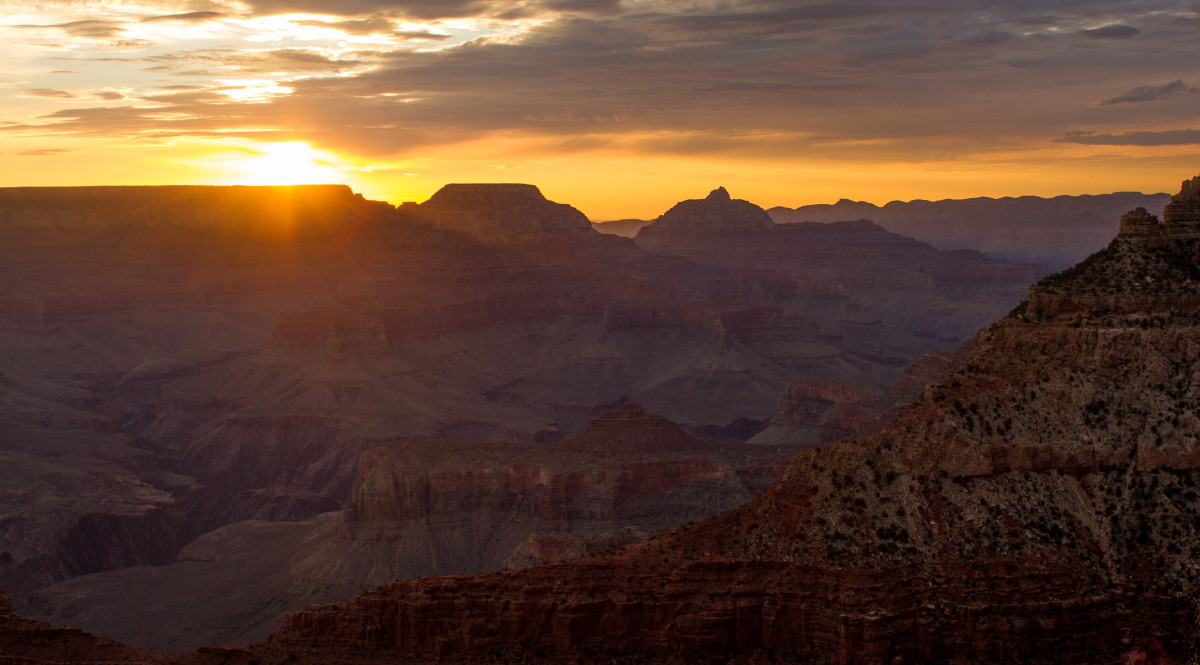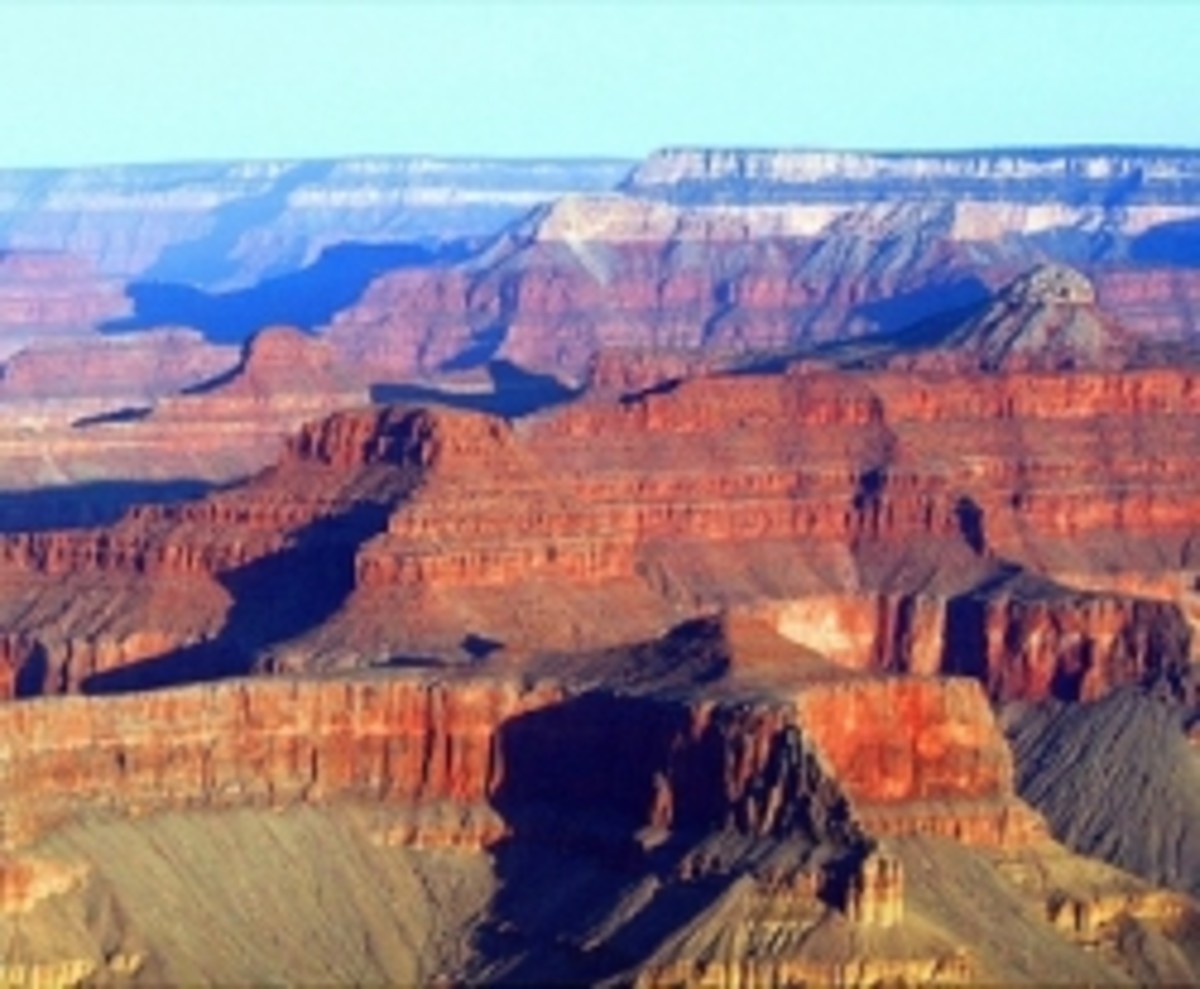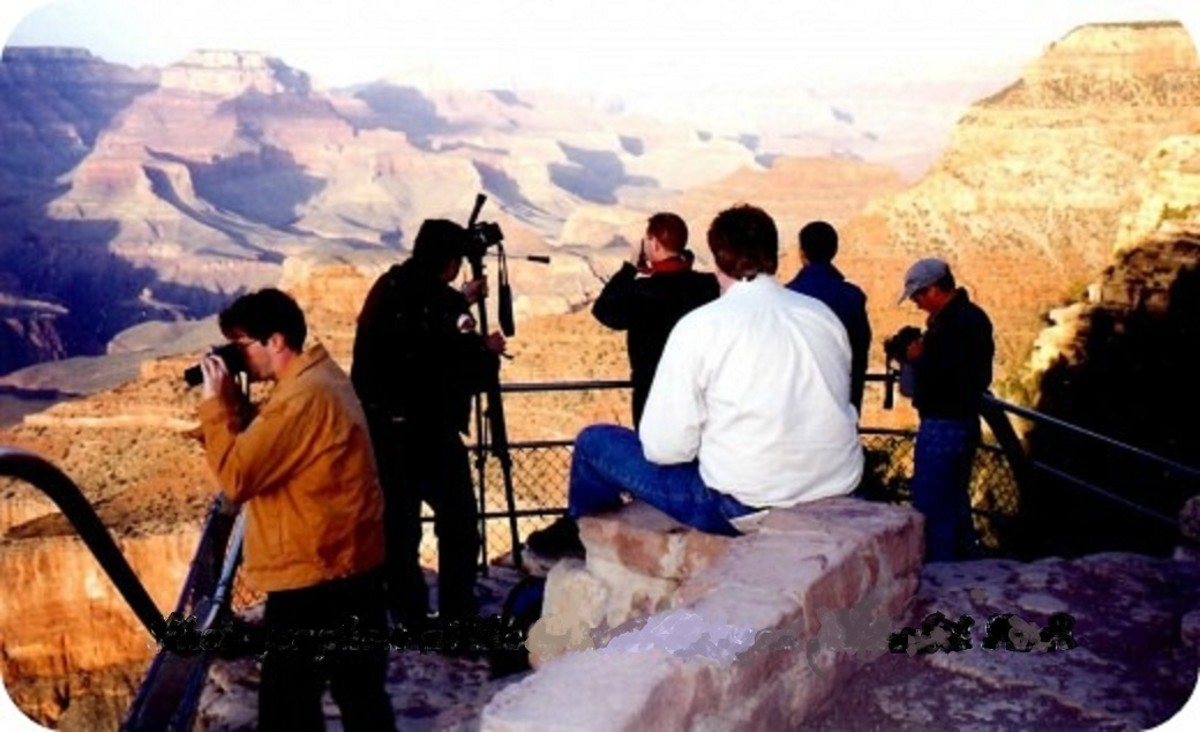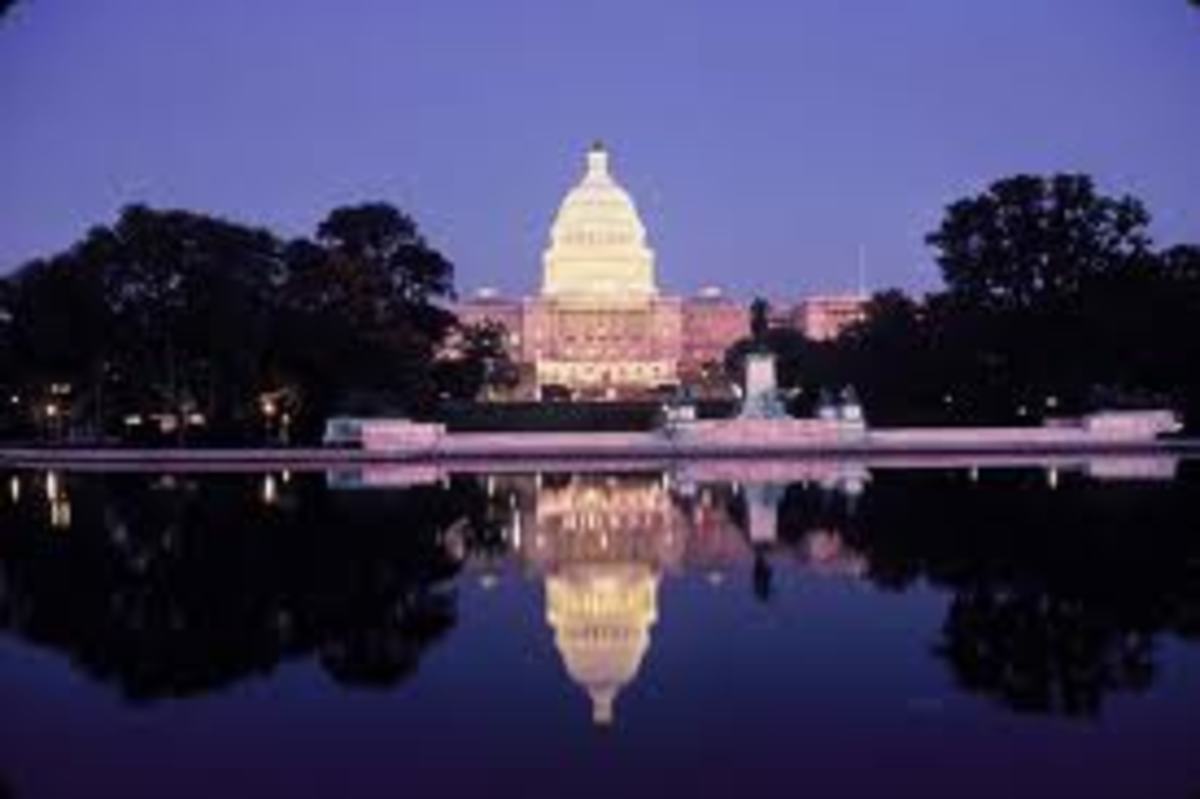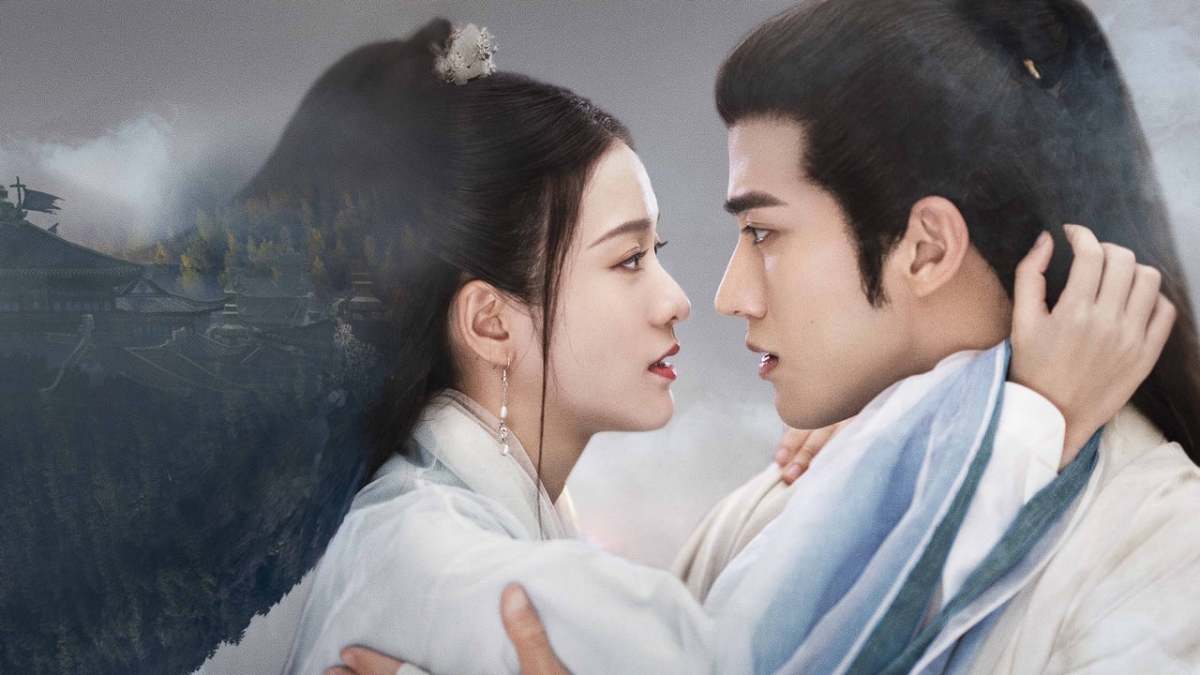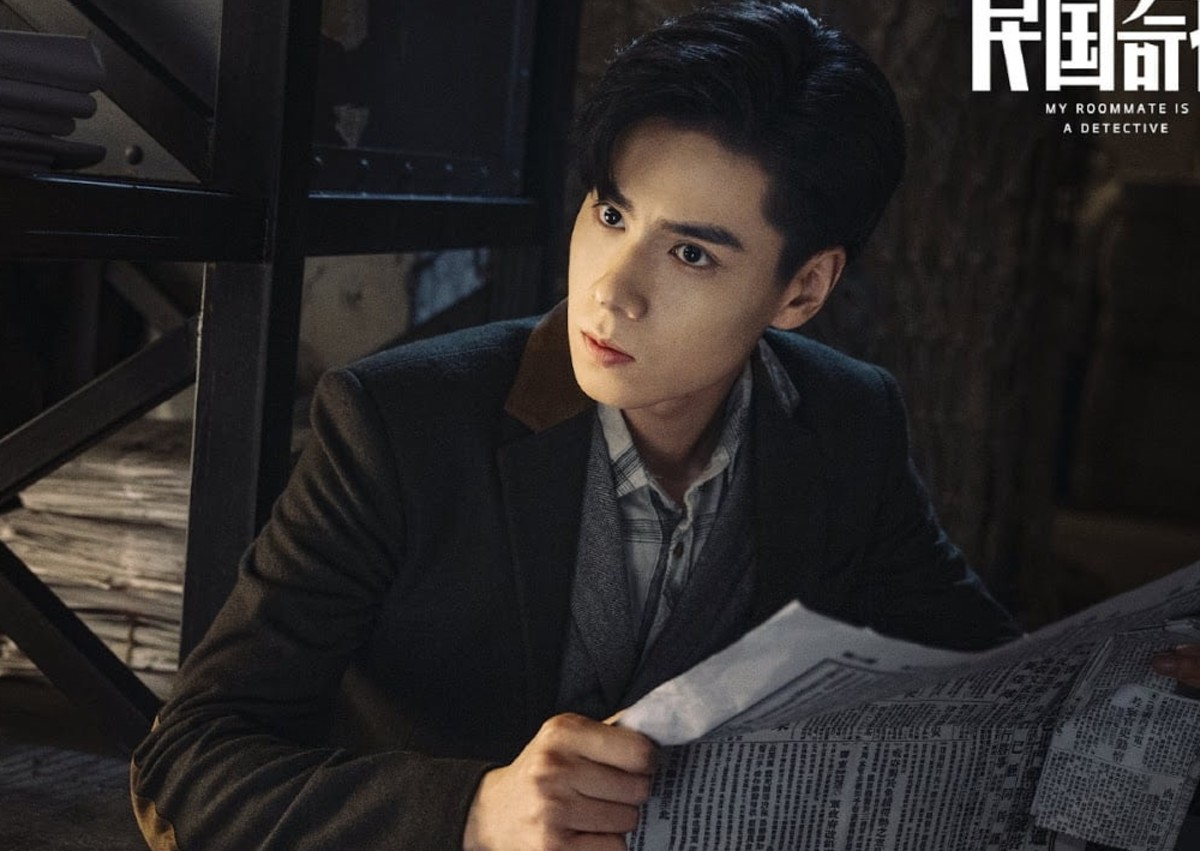A Review of Lawrence Kasadan's 1991 Film "Grand Canyon."
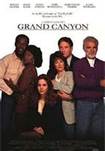
United States of America in the 1990's
The United States of America in the late 1980's, up until the early 1990's, was labeled as the New World Order. This New World Order began with George Bush and ended midway through Bill Clinton's presidency.
The year 1991 saw the ending of the Persian Gulf War, the failed Soviet Coup, the rejection of euthanasia by the Supreme Court, and the release of hostages from Lebanon, these are only parts of the whole painting.
The socio-political enviroment of 1991 directly influenced the writing of the script and the direction of the film "Grand Canyon," directed by Lawrence Kasadan.
"Grand Canyon" puts the viewer at eye level with such issues as the anti-abortion movement, the movement of NOW to abolish affirmative action, the birth of reform in the nations language, and concerns over where religious values fit into the puzzle box of policy.
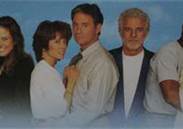
The Issue of Abortion
Pro-life began to battle against pro-choice, in the war over abortion, not only on the streets but also in the White House. This movement of concern brought moral interests into a political spotlight, leaving behind in its wake economic interests.
"Grand Canyon" deals with the issue of abortion and the right to choose with a subplot that deals with Mac's (Kevin Kline) wife finding an infant while jogging, and the decisions that she has to make over keeping the child or putting the child in an institution.
When she finds the baby in the woods, the sun provides a single light source that causes the child to look as if it is shrouded by light. The scene opens the mother's eyes to the spectacle of human life. Up to this point in the film she has been battling with the loss of her son's childhood, which strenthens her desire to have another child.
Later the viewer encounters a conversation between Mac and his wife over the situation in which the baby was found and his wife's desire to keep the child. Mac informs her of the lack of logic in her arguments and the scene cuts to a slow motion shot of the baby being carried away into the abyss of a state institution.
Mac's wife finally states that Mac's "logic" will not stop her decision to keep the child. To confirm her decision, a bum, whom she jogs past every morning, whispers to her that she should "keep the baby, you need her as much as she needs you." The viewer is left to wonder if the bum stated these words or if she heard a divine voice.
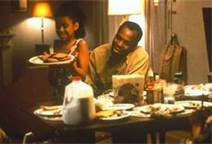
Reform, Reform, Reform
In 1991, the word "Reform" became a well-used term in the nation's vocabulary.
"Grand Canyon" discusses reform throughtout the film, yet one conversation between Mac and his wife sums up the screenwriter's view on the effectiveness of the so-called reofrm movement of the nineties.
Mac's wife states that "the world doesn't make any sense to me anymore. There are babies lying around in the streets, there are people living in boxes, there are people waiting to shoot you if you look at them,,,and we're getting used to it."
Mac finds his car broken down in Englewood CA. This incidence causes Mac to reexamine his life. Simon helps Mac out of Englewood and also helps Mac to step outside himself for some much needed self realization.
Mac tells Simon over breakfast, shortly after their ordeal, a story of a woman who saved him from getting hit by a bus. Mac believed the woman was an angel, and because of his inability to thank the angel, he felt guilt.
Mac compares the act of Simon helping him in Englewood to that of the angel.
Mac states that , she "yanked me back from the edge and literally changed everything for me and my wife and son and then just wondered off into that miracle mile."
Simon's impact on Mac's life is supported during a dream scene in which Mac dreams that Simon, who is dressed all in white, is standing on the Hollywood sign waving at Mac as he flies over L.A.
Simon's character in the movie has a strong desire to help change the lives of others. He constantly comments on how things are not the way they should be, and has an incredible desire to change things to the better.
Yet the ugly scenery of LA in the 1990's wreaks havoc on this faith. He uses an allusion to his father to describe how apathy is eroding away on his faith:
"You can always count of the terrible, if it doesn't kill you. You're going to be around to see it come down another way. Dad died at 81 years old. He outlived everyone he knew, he saw two wives die and three of his children. He had a great ugly old face that looked like a suitcase going a million miles all beat up and dented and scuffed and stained. Man, he looked like he walked eighty years on that face. I use to look at that face and see all that pain there, all the things he lost, all the hurt he had. I wondered why he would want to go on, why he didn't lay out and give up...I asked him though...he said 'habit'."
Simon describes the Grand Canyon as a representation of the awe inspiring power of God. He discusses with Mac how insignificant one feels sitting on the edge of the Grand Canyon. He tells Mac taht "me and my worries are being laughed at by that Grand Canyon."
A Quick Conclusion
This reading of "Grand Canyon" shows how the socio-political issues of 1991 are used to examine the importance of religious values and moral in our culture.
In 1991, moral policy was being introduced into politics along with economic policy. Reform became a household word.

